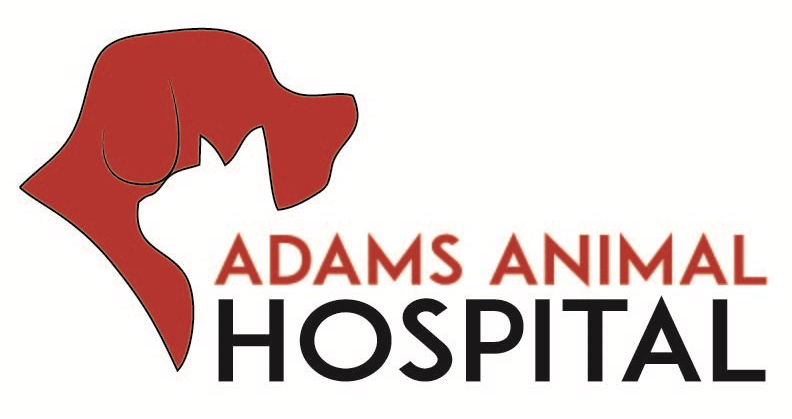Pet Health Library
-
The proper administration of eye medication is essential for your pet's prompt recovery. Make sure you carefully read the label and understand the prescription instructions. If you have any questions, contact your veterinarian for clarification.
-
The proper administration of eye medications is essential for your pet's prompt recovery. Make sure you carefully read the label and understand the prescription instructions. If you have any questions, contact your veterinarian for clarification.
-
Applying eye ointments to your cat's eye(s) can be a challenging or easy task. The proper administration of eye medications is essential for your cat's prompt recovery. It is important to use the medication as directed for the full duration and contact your veterinarian if you have problems. The tips and instructions in this handout may make administering your cat's eye ointment easier.
-
Applying eye ointments to your dog's eye(s) can be a challenging or easy task. The proper administration of eye medications is essential for your dog’s prompt recovery. It is important to use the medication as directed for the full duration and contact your veterinarian if you have problems. The tips and instructions in this handout may make administering your dog’s eye ointment easier.
-
Applying topical medications to your pet can sometimes be a challenge. Creams, ointments, and lotions are for external use only. It is important to prevent your cat from licking and swallowing any of these external preparations as they may contain ingredients that could be harmful if swallowed. Most topical preparations work better if they are gently massaged in for a few moments after application. It is always a good idea to get someone to help hold your cat, especially when applying medications on a sensitive or painful area. If you still have trouble keeping your pet from licking the medication, please contact your veterinarian to get your cat fitted for an Elizabethan collar.
-
Applying topical medications to your pet can be a challenge. Ointments, creams, and lotions are for external use only. It is important to prevent your dog from licking and swallowing any of these external preparations as they may contain ingredients that could be harmful if swallowed. If you find it difficult to prevent your pet from licking the medication, contact your veterinarian to have them fitted for an Elizabethan collar.
-
Primary vaccination is essential to prevent the return of once common deadly infectious diseases in kittens and cats. Recent research indicates that not all vaccines require yearly boosters. However, there is no evidence that annual booster vaccination is anything but beneficial to most cats. Published research has conclusively shown that abstaining from some boosters can put your cat at risk.
-
Primary vaccination is essential to prevent the once common deadly diseases in puppies. However, recent research indicates that not all vaccines require yearly boosters. There is no evidence that annual booster vaccination is anything but beneficial to most dogs. Published research has shown conclusively that abstaining from some boosters can put your dog at risk.
-
Arsenic poisoning is the accidental ingestion, skin contact, or inhalation of products containing a toxic dose of arsenic. Clinical signs can include abdominal pain, salivation, vomiting, diarrhea, staggering, weakness, rapid weak pulse, lethargy, low body temperature, collapse, and death. Supportive therapy is a crucial part of treating arsenic poisoning.
-
Approximately 20% of cats across all ages suffer from painful osteoarthritis in one or more joints, and 90% of cats over 12 years of age show evidence of arthritis on radiographs. Because cats are living longer, every cat owner will face the issue of osteoarthritis at some point. This handout discusses the use of nutrition and nutritional supplements to aid in the management of your cat's osteoarthritis. Weight loss, omega fatty acids, and various chondroprotective supplements are discussed.

